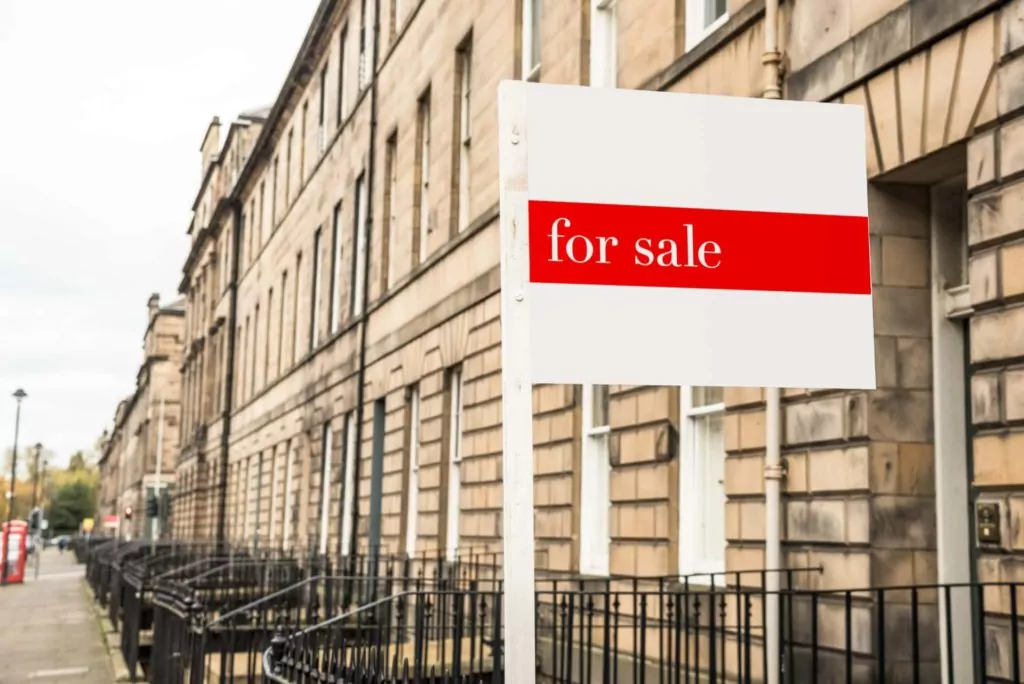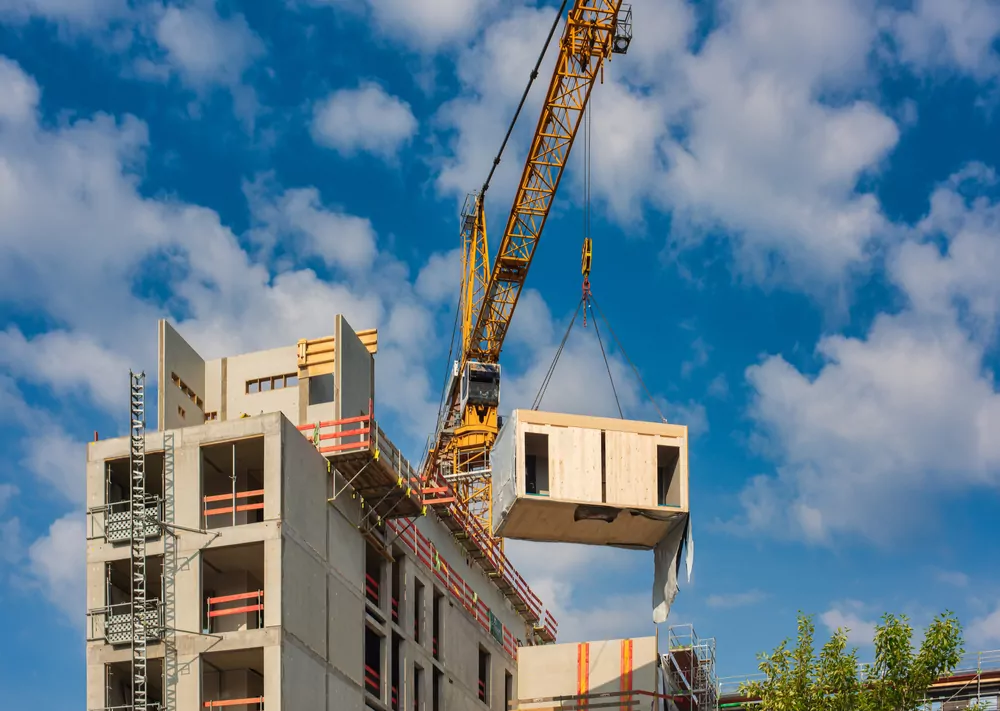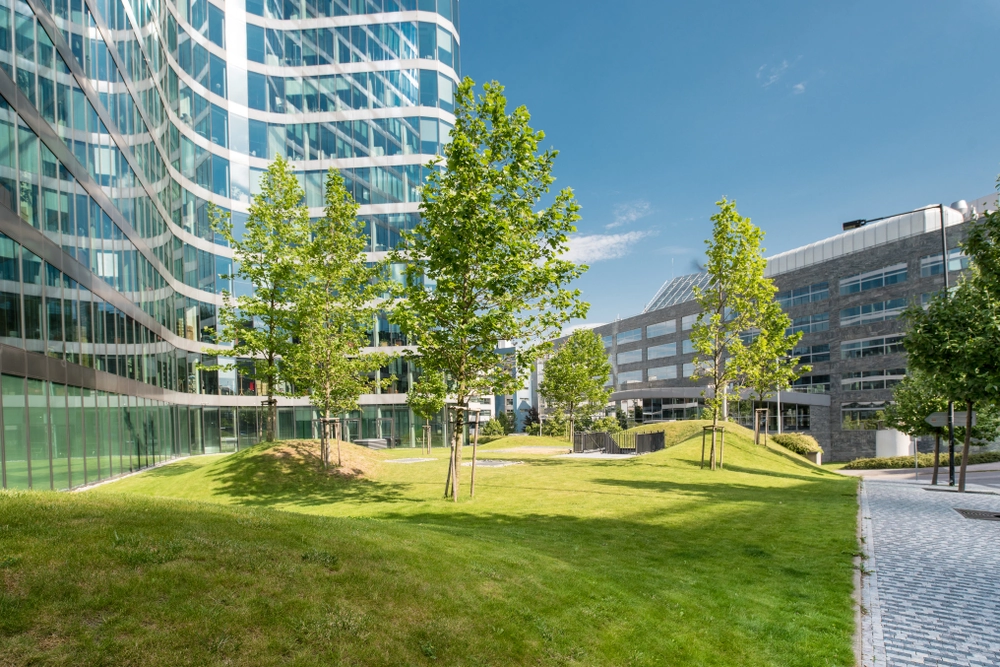
Leasehold and Commonhold Reform Consultation: Commitment to Generational Change

The Department for Levelling Up, Housing and Communities has launched a consultation on leasehold reform proposals made by the Law Commission in 2020.
The consultation seeks views on:
- Raising the percentage floor area in a building which may be in non-residential use, in order to qualify for collective freehold acquisitions and right to manage claims, from 25% to 50%
- Introducing a non-residential limit of 50% for individual freehold acquisitions in respect of 'houses' (this would clarify that freeholds may still be acquired under the Leasehold Reform Act 1967 where property is in mixed use. This could be highly pertinent for some shops and public houses)
- Introducing mandatory leasebacks to landlords as part of the collective enfranchisement process (so that freeholders would be obliged to take intermediate leases back over those flats where tenants opt not to participate. The aim being to reduce the costs of acquiring the freehold for participating tenants)
- Amendments to voting rights in right to manage companies (so leaseholders continue to have effective control of decisions made under the right to manage, while maintaining involvement from the landlord)
- Commonhold voting rights in shared ownership properties, and provision of information during sale of commonhold property
The proposed changes considered by the consultation are part of a wider movement towards making leasehold home ownership fairer and more transparent. The Leasehold Reform (Ground Rent) Bill (quoted as the first major piece of leasehold reform in a generation) has now received Royal Assent and when it comes into force in full it will remove ground rent of any financial value for all new leases. These further reforms appear set to follow hot on its heels.
Commentary
The reforms proposed seek to make accessing statutory rights, for long leaseholders to acquire the freehold in which their flat or house is situated or to exercise the right to manage their building, more widely available. They also aim to improve the affordability of such rights. However, it remains to be seen whether there will be any significant financial benefit for leaseholders. This is particularly the case as the consultation makes reference to an assumption that residential leaseholders acquiring the freehold will employ managing agents to properly manage the buildings which will undoubtedly add to ongoing costs of owning leasehold property in the long run. The same will often be true where the right to manage is exercised.
It is clear, however, that whilst the proposals may generally seek to bring the rights attaching to flats and houses into line with one another, the proposed introduction of a 50% limit for individual freehold acquisitions and the increase in the non-residential limit for collective acquisitions, would mean that many more freeholders would find their assets subject to such rights. In the circumstances, it is anticipated that freeholders may well elect to respond to the consultation and oppose those aspect of the reforms.
Get involved!
Responses to the consultation can made until 22 February 2022. A link to the relevant website is as follows: Reforming the leasehold and commonhold systems in England and Wales - GOV.UK (www.gov.uk)













